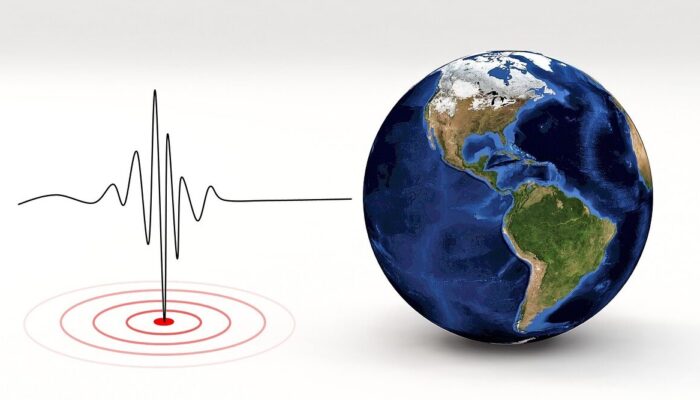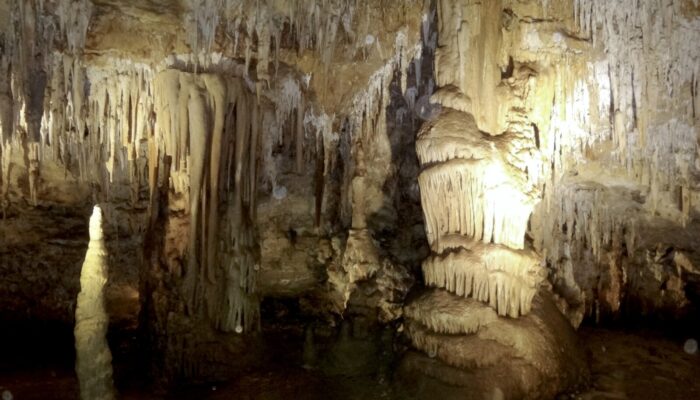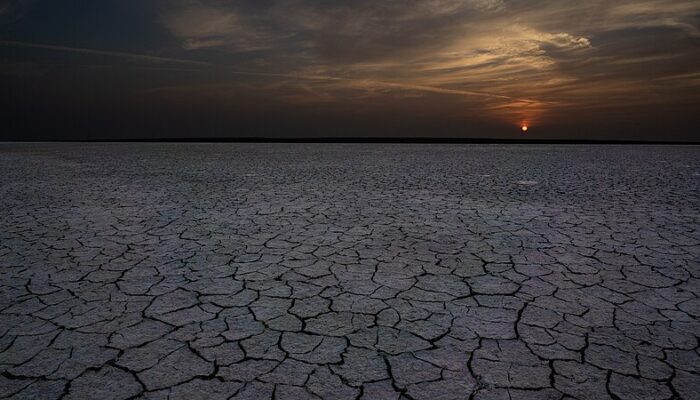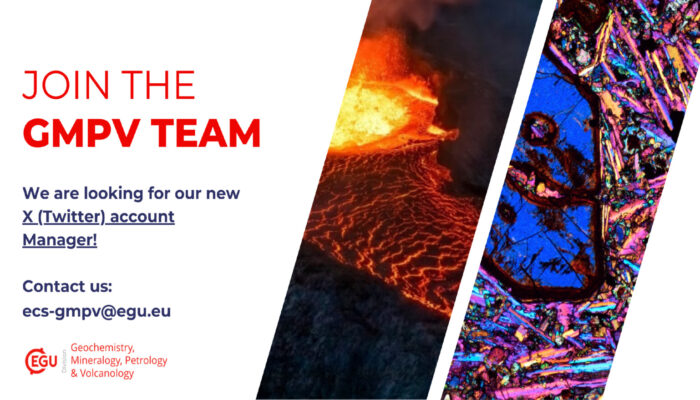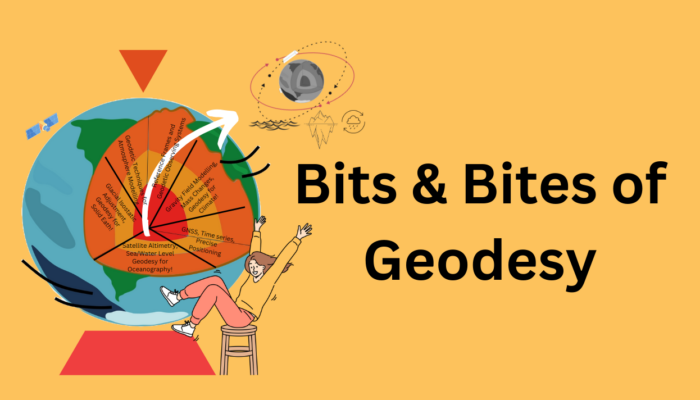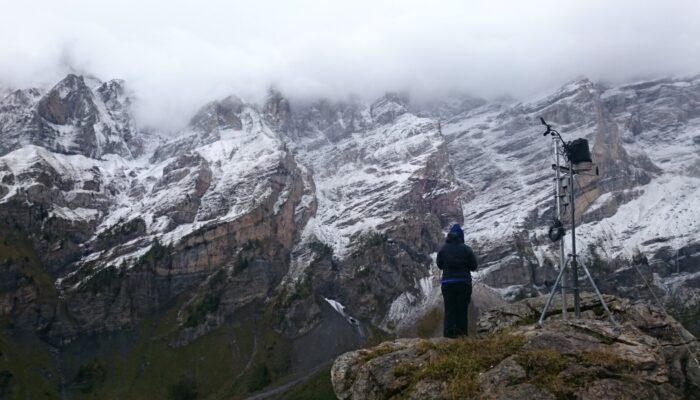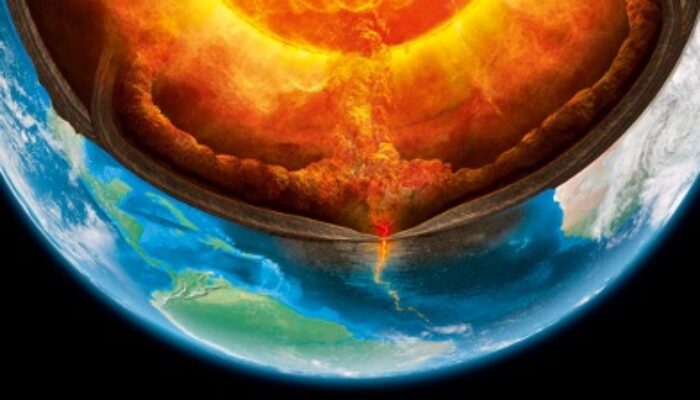Hi Yann, first of all, congratulations on the Stephan Mueller Medal, and it is my pleasure to interview you!! To all my readers, the Stephan Mueller Medal is one of the prestigious medals awarded for exceptional contributions to tectonics and structures by the European Geosciences Union (EGU). Dr Yann Klinger wears many hats, he is a seismologist who studies recent and past earthquakes and is al ...[Read More]
Climate: Past, Present & Future
Misinterpretation of glacial aridity in subtropical environments in the Southern Hemisphere
To understand Earth’s changing climate, scientists often examine how the climate has varied in the past, by studying geological records. These records allow us to reconstruct past climates and help us predict planet’s responses to different climate forcings. In this context, it has long been thought that past ice ages on Earth were relatively dry, whereas the warm periods between ice ages we ...[Read More]
Hydrological Sciences
Thirsty Earth: a multiplayer online game for water resources education and research
The Rising Need for Interdisciplinary Literacy The sustainable management of water resources requires cooperative institutions whose development are rarely included in already overloaded engineering and earth sciences curricula. The resilience of such institutions in the context of climatic and demographic change is also poorly understood. Enter “Thirsty Earth,” an online open-access m ...[Read More]
Geodynamics
How we made QUARTETnary – the card game about the geological time scale
QUARTETnary is an educational card game about the geological time scale. Consisting of 60 beautifully illustrated cards, QUARTETnary explores the events in Earth’s history: from dinosaurs to humans and from the formation of the Alps to the formation of the Himalayas. It was designed by Iris van Zelst (me! Your fabulous former Editor-in-Chief), and illustrated by Lucia Perez-Diaz (also a former edi ...[Read More]
Geochemistry, Mineralogy, Petrology & Volcanology
Call for a new X (Twitter) Account Manager!!
The Geochemistry, Mineralogy, Petrology and Volcanology division of the European Geosciences Union is looking for a new X (Twitter) Account! We are a group of 16 early career scientists working on GMPV topics. You can have a look (and learn more) about our team and what we do during the year here! We are looking for an Early Career Scientist (ECS) who can share all the activities of our group and ...[Read More]
Geodesy
Bits and Bites of Geodesy – Satellite radar altimetry: How do we know that sea level is rising?
In a previous post, Thomas Frederikse briefly explained how geodesy is used to observe sea level change. In this part of Bits & Bites, Bene delves deeper into the topic. Rising sea levels are one of the consequences of climate change that already impacts people in low-lying coastal regions, and the future prospects are not exactly encouraging as well. We know that rising sea levels are caused ...[Read More]
Hydrological Sciences
Overlooked tips for the lost art of fieldwork
Not so long ago, almost all hydrologic data depended almost exclusively on fieldwork. Today, sure, you can download data from repositories, there are satellites that beam you magic numbers that you can interpret to give you almost any variable, and some (less than we might hope) long-term monitoring has been outsourced to governments (or in some cases to citizens with sensors). But somewhere in ...[Read More]
Geodynamics
Regional viscosity variations in Earth’s mantle
For understanding the dynamics and evolution of the Earth’s mantle, knowledge of mantle’s viscosity structure is very important. In this week’s blog, Kenneth Gourley from University of Arizona discusses the variation of viscosity structure in Earth’s mantle in regional scale. In order to understand the dynamics and evolution of the Earth’s mantle, geodynamicists model mantle fl ...[Read More]
Geomorphology
A Day in the Life – Andreas Ruby
This blog post is part of our series: “A day in the life of a geomorphologist” for which we’re accepting contributions! Please contact one of the GM blog editors, Emily or Emma, if you’d like to contribute on this topic, or others. by Andreas Ruby, Doctoral Researcher, GFZ Potsdam, Germany Email: andreas.ruby@gfz-potsdam.de Hi, I’m Andi, and it still feels quite fresh, but as of now I’ve already ...[Read More]
Natural Hazards
How can you contribute to Science-Based policy-making? Ask the new Policy Officer in the Natural Hazards Division!
The EGU Natural Hazards Division now has a new Policy Officer to help promote evidence-based policy-making and support members of the Division in participating in policy-making processes. The Policy Officer aims to bridge between the Division and the EGU Science for Policy Working Group, helping to ensure that evidence-based decisions are made in the policy-making processes related to our areas of ...[Read More]

